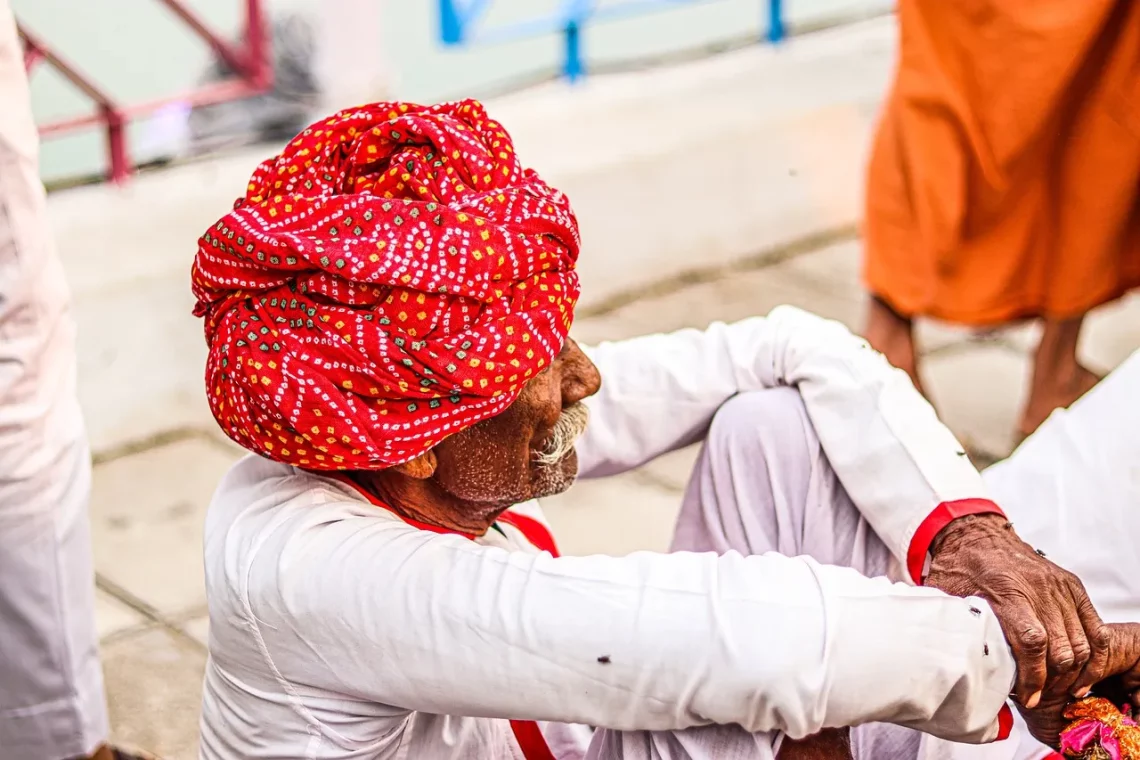
Understanding the Significance of Sanfu Days in Traditional Culture
The Sanfu Days, an integral part of traditional culture, serve as a fascinating intersection of history, health, and community. Originating from ancient practices, these days hold significant meaning for various demographics, particularly in East Asian cultures. The significance of Sanfu Days extends beyond mere calendar dates; they encapsulate a rich tapestry of beliefs, practices, and rituals aimed at promoting health and well-being during specific seasonal transitions.
As the heat of summer peaks, these days are marked by unique customs, dietary recommendations, and traditional practices believed to enhance vitality. The Sanfu Days often coincide with the hottest days of the year, which are thought to have a profound impact on human health. This period is traditionally associated with the idea of “nourishing the body,” reflecting an age-old understanding of the relationship between nature and human physiology.
Through the lens of folklore and traditional wisdom, Sanfu Days invite us to explore the interconnectedness of seasonal changes and health practices. Moreover, they highlight the cultural significance of community gatherings and shared experiences during these times. As we delve deeper into the meaning of Sanfu Days, we can uncover the wisdom embedded in these traditions and their relevance in today’s fast-paced world.
The Historical Roots of Sanfu Days
Understanding the historical roots of Sanfu Days requires a journey back to ancient agricultural societies. These societies were deeply attuned to the rhythms of nature, observing how seasonal changes affected both crops and human health. Sanfu Days, typically occurring during the hottest season, emerged as a time for reflection and preparation.
The term “Sanfu” translates roughly to “three phases of heat,” which refers to the three ten-day periods within this traditionally recognized timeframe. These periods are not just markers of temperature; they symbolize a holistic approach to health and well-being. Ancient texts suggest that the practices associated with Sanfu Days were designed to fortify the body against the potential health challenges posed by extreme heat.
Traditional Chinese medicine plays a crucial role in the understanding of Sanfu Days. It posits that the body requires specific nourishment during this time to maintain balance and vitality. Herbal remedies, dietary adjustments, and lifestyle changes are often recommended to align with the natural energy of the season. These practices have been passed down through generations, forming a rich heritage that continues to influence health choices today.
In addition to their health implications, Sanfu Days are also a time for community bonding. Families and friends often come together to share meals, partake in rituals, and celebrate the warmth of summer. This sense of community is a vital aspect of traditional culture that reinforces social ties and fosters a sense of belonging.
As we reflect on the historical significance of Sanfu Days, it becomes clear that they are more than just dates on a calendar. They represent a profound understanding of the relationship between humanity and nature, encapsulating wisdom that has persisted through the ages.
Health Practices During Sanfu Days
The Sanfu Days are not merely a cultural phenomenon; they are also steeped in health practices that aim to enhance well-being during the summer heat. Traditional wisdom holds that the body is particularly vulnerable to heat-related ailments during these days, making it crucial to adopt specific dietary and lifestyle changes.
One of the most prominent practices during Sanfu Days is the consumption of nourishing foods. Traditional diets emphasize the intake of cooling foods that help balance the body’s internal temperature. Fruits such as watermelon, which is hydrating and cooling, are popular choices. Additionally, various herbal teas and soups are consumed to promote digestion and overall health. These foods are believed to provide the necessary nutrients to strengthen the body and prepare it for the challenges of summer.
Moreover, traditional Chinese medicine often recommends specific herbs and tonics during this period. For instance, ginseng and goji berries are commonly used to boost energy and support immune function. These natural remedies are thought to align with the body’s needs during the Sanfu Days, promoting resilience against heat-related stress.
In addition to dietary changes, lifestyle practices are also emphasized. Many people engage in light exercise, such as tai chi or yoga, which helps balance the body’s energy and manage stress. Outdoor activities are encouraged, but with a mindful approach to hydration and sun exposure.
The emphasis on self-care during Sanfu Days reflects a broader understanding of health that transcends mere physical well-being. It encompasses mental and emotional health, highlighting the importance of community and connection during this time. Gathering with loved ones to share meals and participate in rituals fosters a sense of belonging and support, crucial for overall health.
As we navigate the complexities of modern life, the practices associated with Sanfu Days remind us of the importance of nurturing our bodies and minds in harmony with the natural world.
Cultural Significance and Community Rituals
The cultural significance of Sanfu Days extends far beyond individual health practices; they are deeply intertwined with community rituals and social cohesion. The observance of these days often includes various communal activities that reinforce cultural identity and shared values.
During Sanfu Days, it is common for families and communities to come together for special meals and gatherings. These occasions are not just about food; they are opportunities to connect, share stories, and celebrate the warmth of summer. Traditional dishes prepared during this time often carry symbolic meanings, reflecting themes of abundance, health, and prosperity.
Rituals associated with Sanfu Days may vary across regions, but they often include practices such as ancestor worship, where families honor their forebears by preparing favorite dishes or visiting gravesites. This connection to ancestry reinforces cultural identity and emphasizes the importance of familial ties.
In addition to family gatherings, local festivals may also be held to celebrate Sanfu Days. These events often feature traditional performances, music, and dances that showcase cultural heritage. Such festivals serve as a platform for community bonding, allowing individuals to engage with their cultural roots and create lasting memories.
The communal aspect of Sanfu Days highlights the importance of social support in promoting well-being. In a fast-paced world where individualism often prevails, these rituals remind us of the value of connection and shared experiences. They encourage individuals to prioritize relationships and foster a sense of belonging, which is essential for mental and emotional health.
As we explore the cultural significance of Sanfu Days, we uncover a rich tapestry of traditions that celebrate life, health, and community. These practices remind us that we are not alone in our journeys; we are part of a larger story that connects us to our past, our culture, and each other.
Modern Relevance of Sanfu Days
In today’s fast-paced and technologically driven world, the relevance of Sanfu Days may seem diminished. However, these traditional practices continue to hold significant value, offering insights into how we can achieve balance and well-being in our lives.
As people become increasingly aware of the importance of mental and physical health, the principles behind Sanfu Days resonate more than ever. The emphasis on nourishment, self-care, and community connection aligns with contemporary wellness trends that prioritize holistic approaches to health.
Incorporating seasonal eating, for instance, is gaining traction as individuals seek to align their diets with nature’s cycles. The practices associated with Sanfu Days encourage people to reflect on what they consume and how it affects their bodies. This awareness fosters a deeper understanding of the relationship between food, health, and the environment, inspiring individuals to make more mindful choices.
Moreover, the communal aspect of Sanfu Days serves as a reminder of the importance of social connections in our well-being. In an era marked by digital communication and social isolation, the rituals that promote togetherness and shared experiences are invaluable. They remind us to prioritize our relationships and engage in activities that foster community bonds.
Finally, the wisdom embedded in the practices associated with Sanfu Days encourages a deeper appreciation for the natural world. As climate change and environmental issues become increasingly pressing, the lessons of living in harmony with nature are more relevant than ever. These traditional practices remind us of our interconnectedness with the environment and inspire us to adopt sustainable lifestyles.
In conclusion, while the world continues to evolve, the significance of Sanfu Days endures. They offer a timeless reminder of the importance of health, community, and the cycles of nature, encouraging us to embrace these principles in our modern lives.
*Disclaimer: This article is for informational purposes only and should not be considered medical advice. Always consult a healthcare professional for any health concerns or conditions.*




